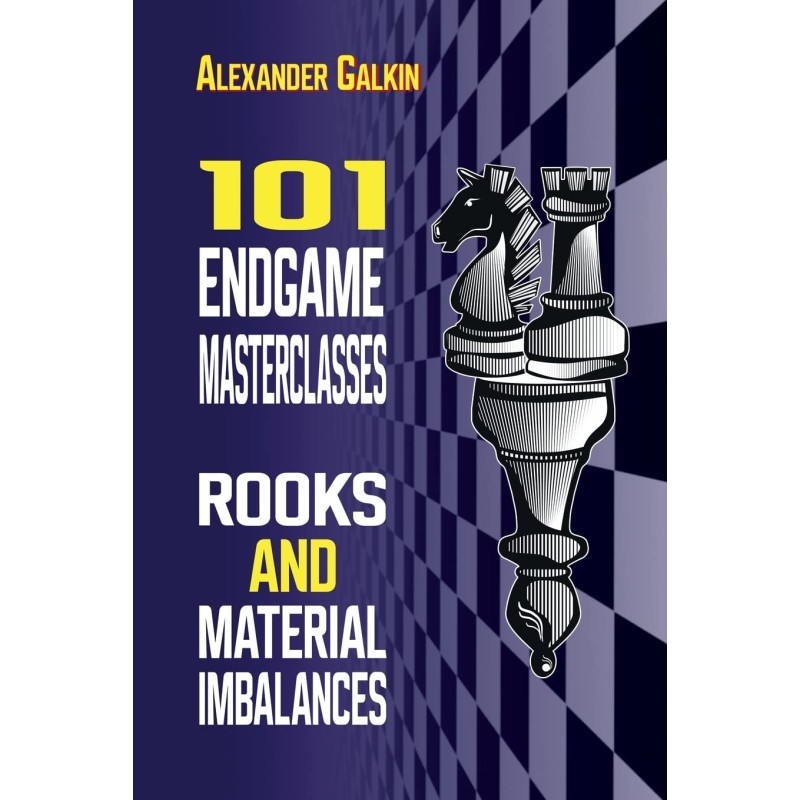

|
Pièces d'échecs
Échiquiers
Ensembles d'échecs
Jeux d'échecs de voyage
Pendules d'échecs
|
Livres d'échecs
|
Logiciels d'échecs
|
Echecs électroniques
Accessoires d'échecs
Affiches d'échecs
|
Matériel Clubs d'Echecs
|
|
Ensembles de Go
Pierres de Go
Goban
Bols de Go
|
Livres de Go Français
Livres de Go Etrangers
|
Logiciels de Go
|
Clubs
|
|
Shogi (Échecs japonais)
Xiang Qi (Échecs chinois)
Mah-Jong
|
Backgammon
Jeux tactiques modernes
Livres
|
Autres jeux traditionnels
|
|
Commerce, négo et bluff
Exploration et développement
Combat et affrontement
Enquête, logique & escape game
|
Connaissances, Ambiance & Apéro
Jeux de lettres et de chiffres
Jeux de voyage
Jeux pour les plus petits
|
Jeux à deux
Jeux en Solo
Livres et accessoires
TCG - JCC
|
|
Cubes magiques
Boîtes à secret
Casse-tête en bois
Casse-tête en métal
Autres casse-tête
|
Puzzles d'art
Puzzles cartes et paysages
Puzzles humoristiques
Puzzles Cinéma, Series, BD
Puzzles pour enfants
|
Puzzles en bois
Puzzles spéciaux
Accessoires puzzles
Livres puzzles & casse-tête
|
|
Cartes à jouer classiques et régionales
Cartes à jouer Bicycle
Jeux des 7 familles
Cartes de magie
|
Cartes à jouer de collection
|
Tarots à jouer
Tarots divinatoires
Oracles et cartes divinatoires
|
Tapis et coffrets de cartes
Livres
|
|
|
Poker
Jeux de casino
|
Dés & pistes
Livres & DVD
|
|



Endgame positions have been selected so that a person studying the book can see the critical moments of play, such as a single or a series of errors that led to a loss or when one of the sides missed a winning move. Before playing through the correct continuation the reader is advised to try and work it out from the initial diagram.
101 Endgame Masterclasses: Rooks and Material Imbalances by Alexander Galkin. This book aims to give you a wealth of self-study knowledge about handling different types of endings that occur frequently but on which there is not much literature analyzing recent games. Imbalanced material endgames involving rooks are a key focus of the book, covering three-fifths of the material, and all endings in the book feature at least one rook. The vast majority of games are taken from the last few years, including many from 2021-2022. Like the author’s previous endgame book published with Elk and Ruby, 101 Endgame Crimes and Punishments (2020), this one is aimed at strong tournament players (1900-2300 Elo) and fast improving juniors.
Specifically, this book covers the following endings: rook vs. minor piece (chapter 1), rook vs. a pair of minor pieces (chapter 2), rook and minor piece vs. rook and minor piece, rook and minor piece vs. rook, rook and minor piece vs. two minor pieces, rook and minor piece vs. a pair of rooks, and rook and minor piece vs. queen (all in chapter 3).
The material arrangement principles applied for this book are largely consistent with those adopted for the author’s books published earlier. He has selected examples only from games played over the board and in which at least one of the players is a grandmaster. Six of the included games were played by world champion Magnus Carlsen. Other examples come from games by top players such as former world champions Garry Kasparov, Vladimir Kramnik and Vishy Anand, as well as Ian Nepomniachtchi, Ding Liren, Hikaru Nakamura, Sam Shankland, Jan-Krzysztof Duda, Judit Polgar, Gata Kamsky, Daniil Dubov and others. Eight of the 101 examples in this book come from the author’s own games.
Endgame positions have been selected so that a person studying the book can see the critical moments of play, such as a single or a series of errors that led to a loss or when one of the sides missed a winning move. Before playing through the correct continuation the reader is advised to try and work it out from the initial diagram.
Fiche technique
Votre avis ne peut pas être envoyé
Signaler le commentaire
Signalement envoyé
Votre signalement ne peut pas être envoyé
Donnez votre avis
Avis envoyé
Votre avis ne peut être envoyé

Endgame positions have been selected so that a person studying the book can see the critical moments of play, such as a single or a series of errors that led to a loss or when one of the sides missed a winning move. Before playing through the correct continuation the reader is advised to try and work it out from the initial diagram.
